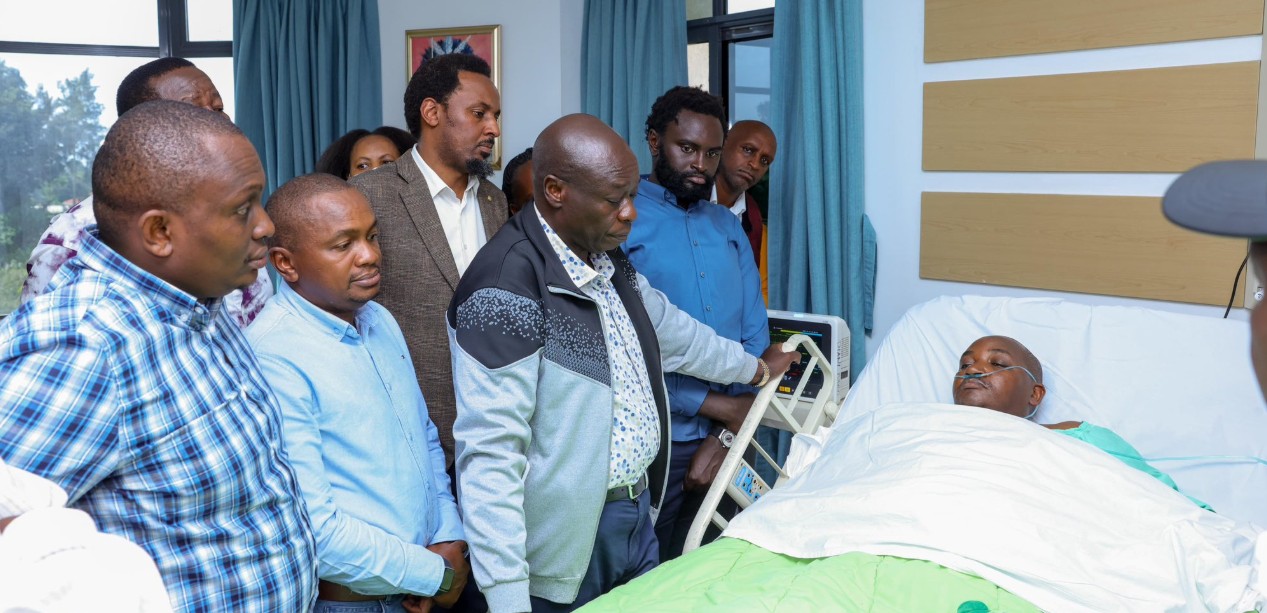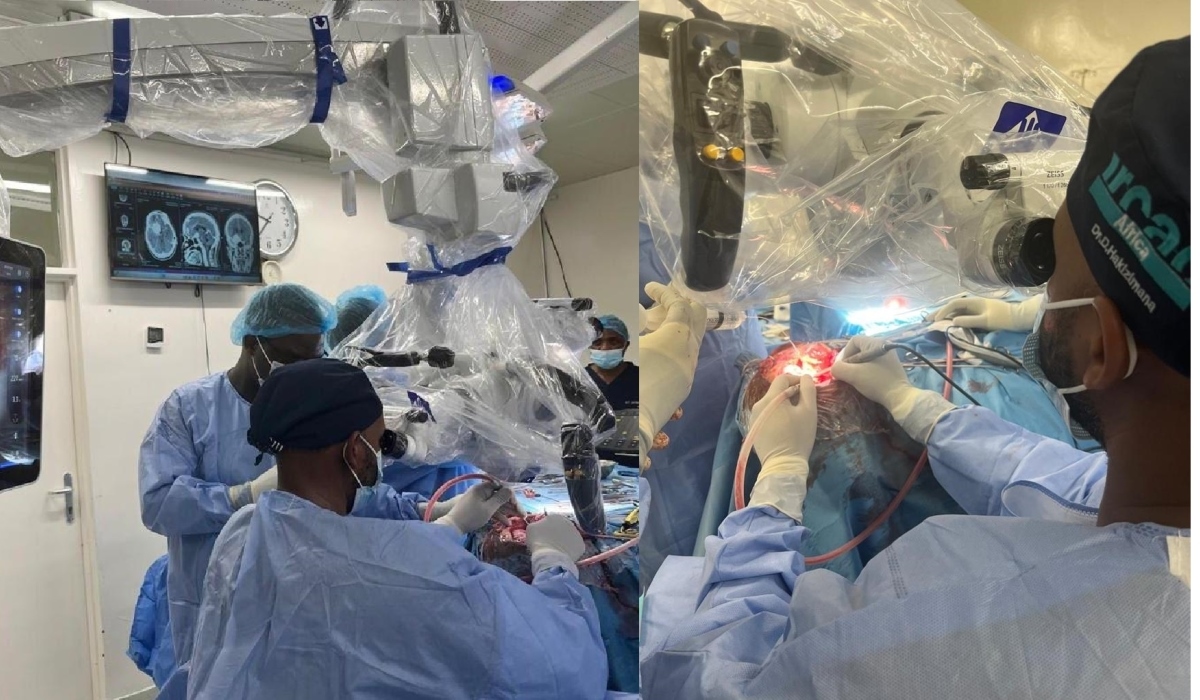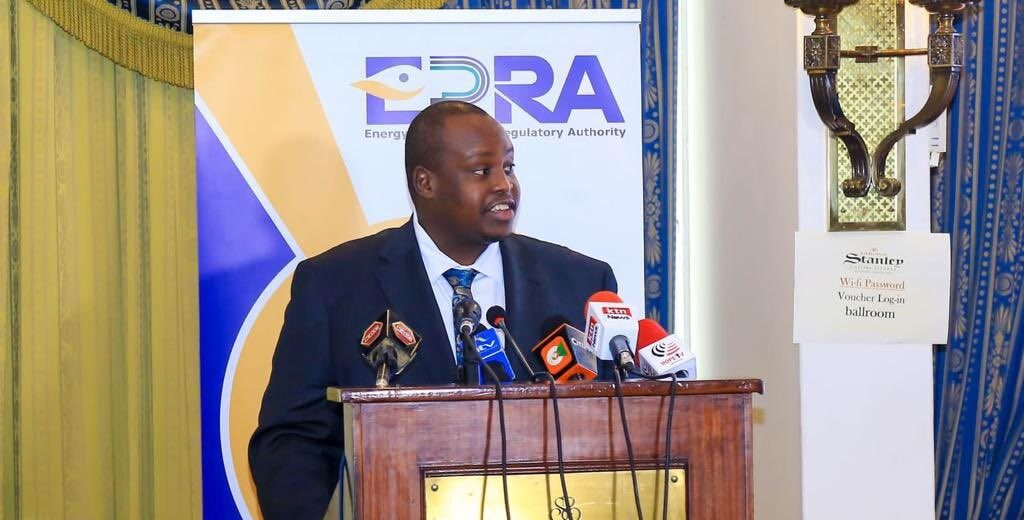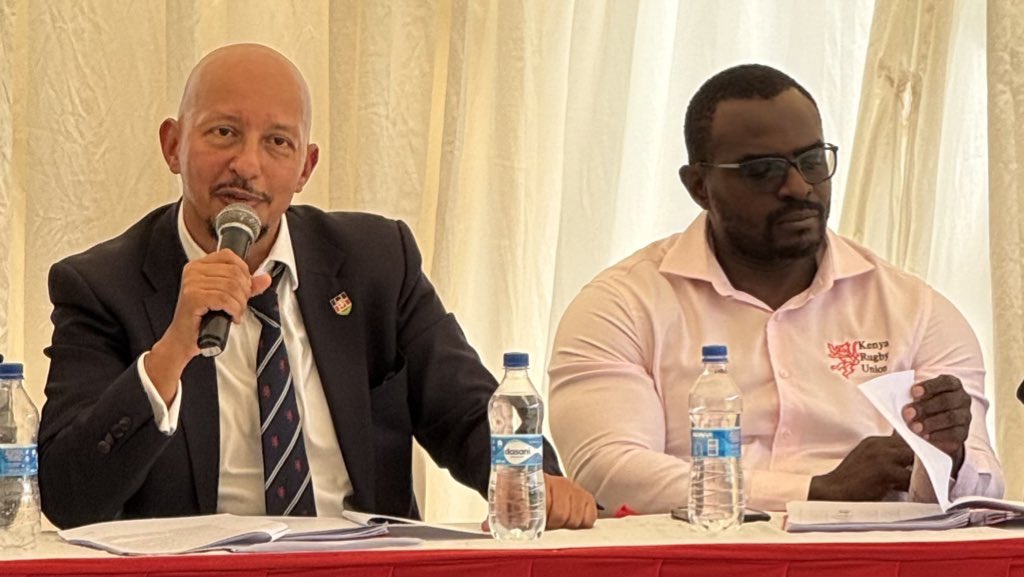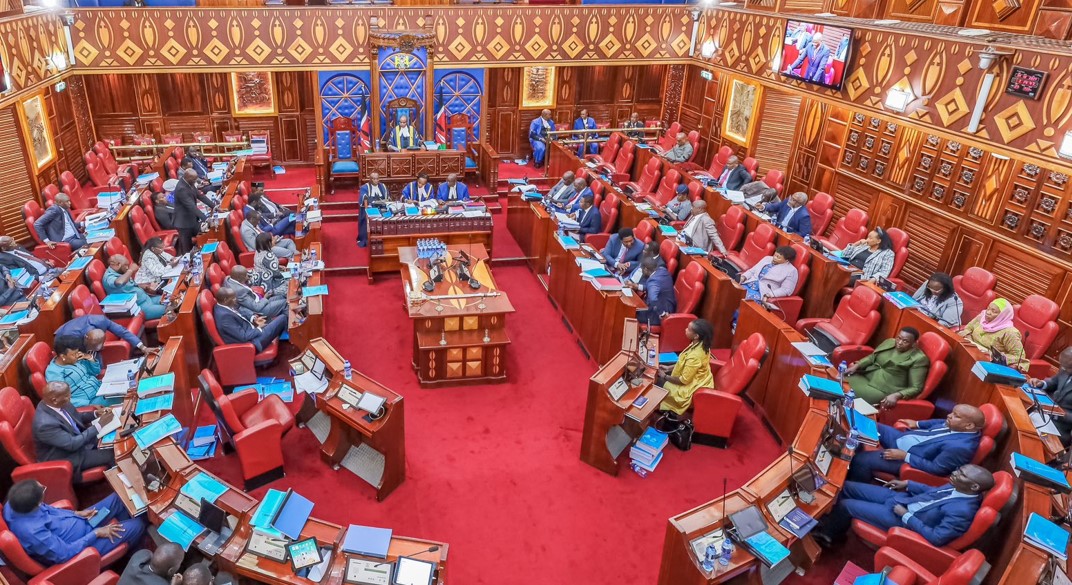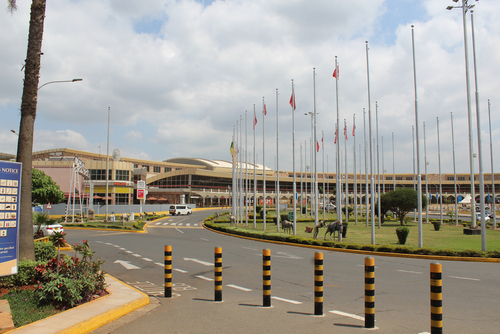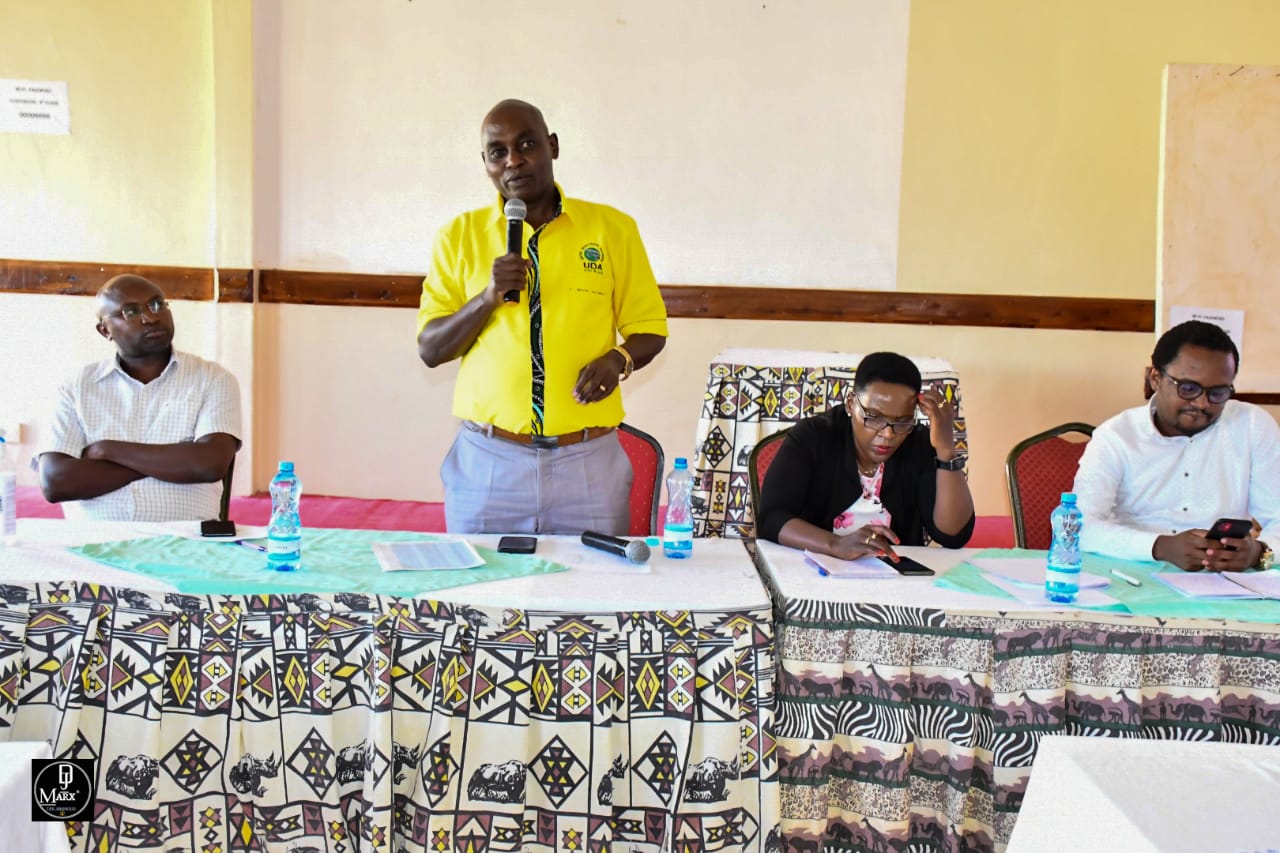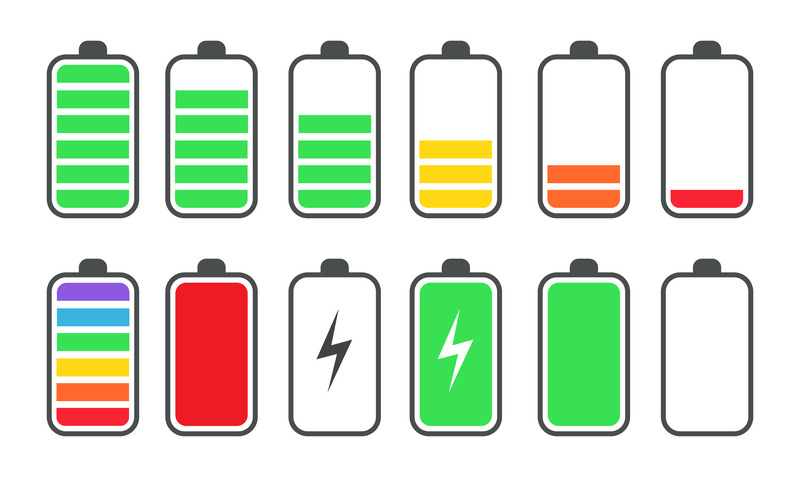Kenyan breast cancer patients to pay 67pc less for treatment under new deal with Roche
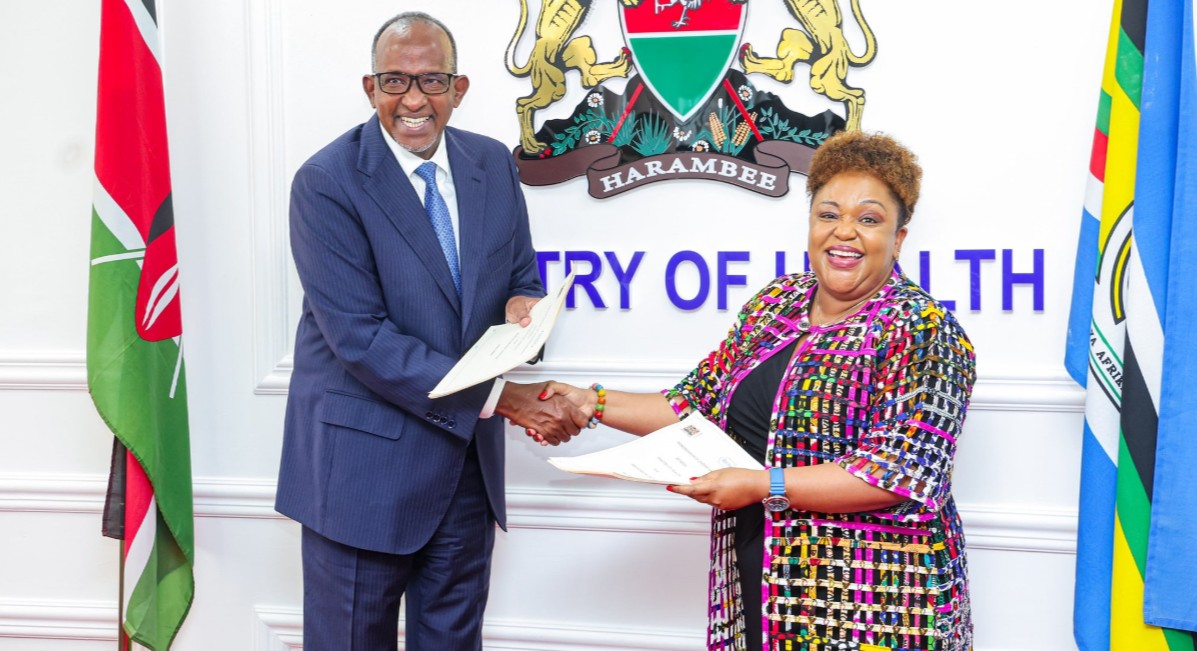
The agreement, formalised through an MoU, is part of the government’s broader efforts to strengthen financial protection for cancer patients in line with Kenya’s Universal Health Coverage agenda.
Breast cancer patients in Kenya are set to benefit from a major cost reduction in treatment, with session prices dropping from Sh120,000 to Sh40,000.
This follows a landmark partnership between the Ministry of Health and Roche East Africa, aimed at improving access to quality cancer care while reducing the financial burden on patients.
More To Read
- Senate grills CS Duale over gaps in health insurance regulations
- World Bank urges scrapping of SHIF deductions for low-wage workers, cites threats to UHC goals
- SHA warns employers to submit monthly contributions or face fines, jail time
- Kenya launches panel to review health benefit tariffs, promote equity and cost-effective care
- Behind the white coats: Kenyan healthcare workers battle burnout, grief and neglect
- Government extends NHIF staff contracts by six months for smooth SHA transition
Health Cabinet Secretary Aden Duale presided over the official launch of the partnership between the Ministry of Health, through the Social Health Authority (SHA) and Roche East Africa.
The agreement, formalised through a memorandum of understanding (MoU), is part of the government’s broader efforts to strengthen financial protection for cancer patients in line with Kenya’s Universal Health Coverage (UHC) agenda.
“This partnership is not only about reducing treatment costs; it’s about saving lives, promoting equity and reinforcing the integrity of our healthcare system,” Duale said.
He highlighted ongoing reforms, including the rollout of digital tools to tackle counterfeit drugs and unqualified practitioners.
Under the new arrangement, breast cancer patients will pay no co-payment, with the capped Sh40,000 fee fully covered at all SHA-accredited facilities, ranging from public hospitals to faith-based and private institutions.
The move is expected to enhance equity in access to care and improve outcomes for those affected by one of Kenya’s leading non-communicable diseases.
Strengthen cancer care framework
The partnership will also focus on strengthening the country’s overall cancer care framework by improving access to essential cancer medicines and diagnostics, enhancing the capacity of healthcare professionals in the management of breast and cervical cancers, and expanding screening and early detection efforts to support timely interventions.
The Ministry of Health affirmed its continued dedication to transforming the health sector and ensuring that all Kenyans, especially vulnerable groups, receive timely, affordable and high-quality care.
According to the National Cancer Institute of Kenya, breast cancer is the leading type of cancer affecting women in the country, accounting for about 23.3 per cent of all cancer diagnoses among women.
Each year, an estimated 6,799 women in Kenya are diagnosed with breast cancer, and approximately 3,107 lose their lives to the disease.
The institute emphasises the importance of early detection through regular mammograms and self-examinations, noting that timely diagnosis significantly improves the chances of successful treatment.
Risk factors for breast cancer include a family history of the disease, advancing age, and certain lifestyle choices. Common symptoms include the presence of lumps in the breast, noticeable changes in the shape or size of the breast, and unusual discharge from the nipple.
To reduce the risk of developing breast cancer, the institute recommends regular screenings and the adoption of a healthy lifestyle.
Top Stories Today

